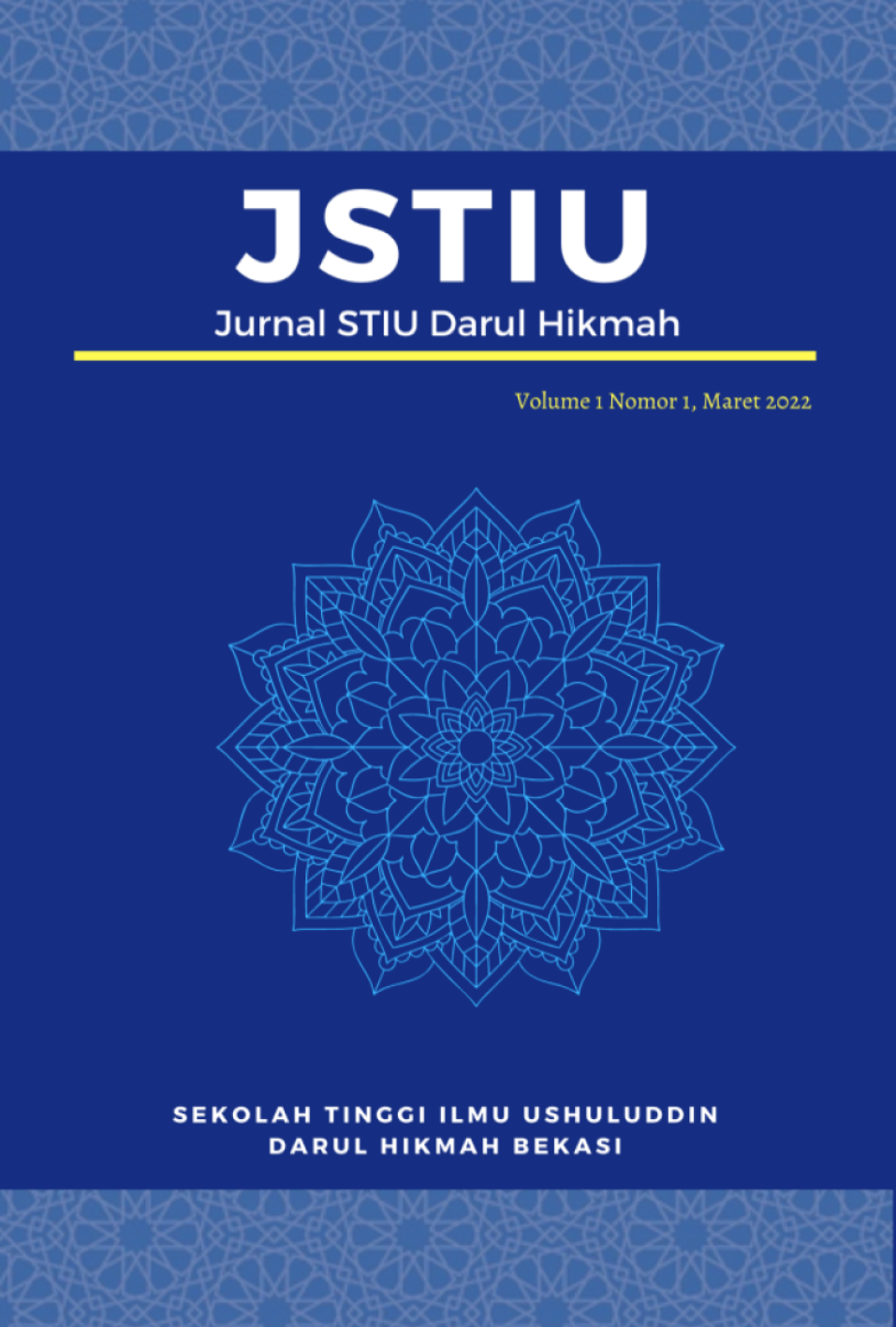The Discourse of Disability in the Qur'an: A Methodological Application of Tafsīr Maqāşidī Waşfī 'Āsyūr Abū Zaid
DOI:
https://doi.org/10.61086/jstiudh.v9i1.44Kata Kunci:
Disability, Tafsir Maqasid, Waşfī 'Āsyūr Abū ZaidAbstrak
This paper aims to elaborate on transforming the meaning of the term disabled contained in the Qur'an. The existence of disabled vocabulary that is commonly understood is often interpreted in terms of locus and does not include nonphysical aspects. If it is elaborated further, one will find that the Qur'an discusses not only the physical aspects of people with disabilities but also nonphysical aspects, which are referred to as "theological defects," which, in the end, have no less significant impact on life. Thus, the second aspect – nonphysical disability/theological disability – is no less interesting to be studied by the author and still does not get enough attention. As for the application, the author uses the tafsir maqāşidī which was initiated by Waşfī 'Āsyūr Abū Zaid, accompanied by several semantic approaches to the Al-Qur'an Toshihiko Izutsu. Finally, the maqāşid 'āmmah of the sample of the six verses with physical and nonphysical disabilities is that the Qur'an never considers physical disability as a form of deficiency.













